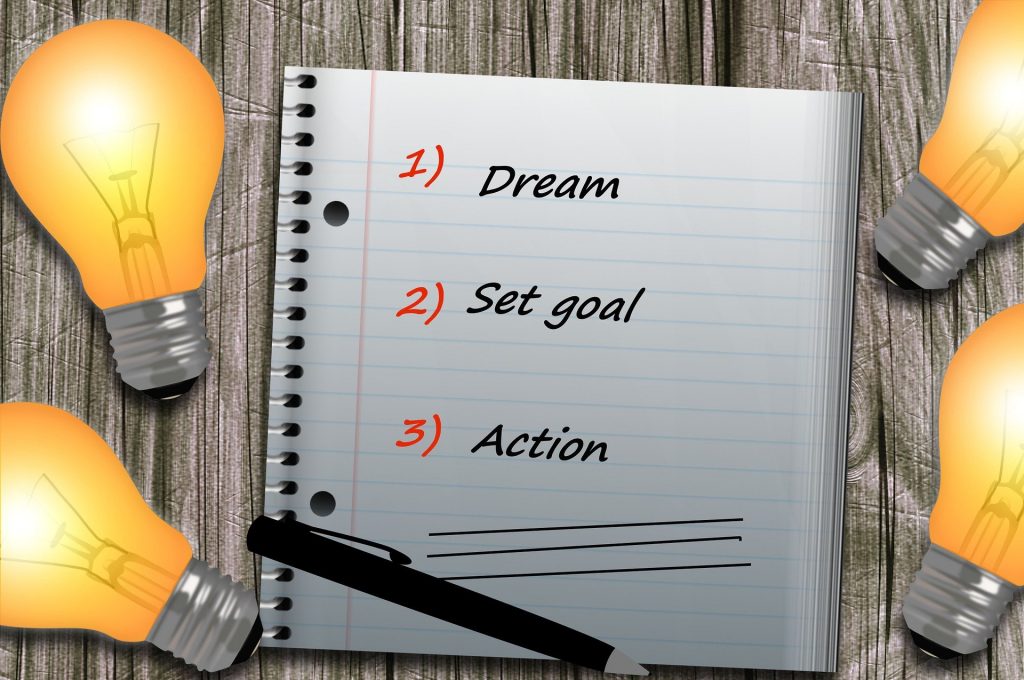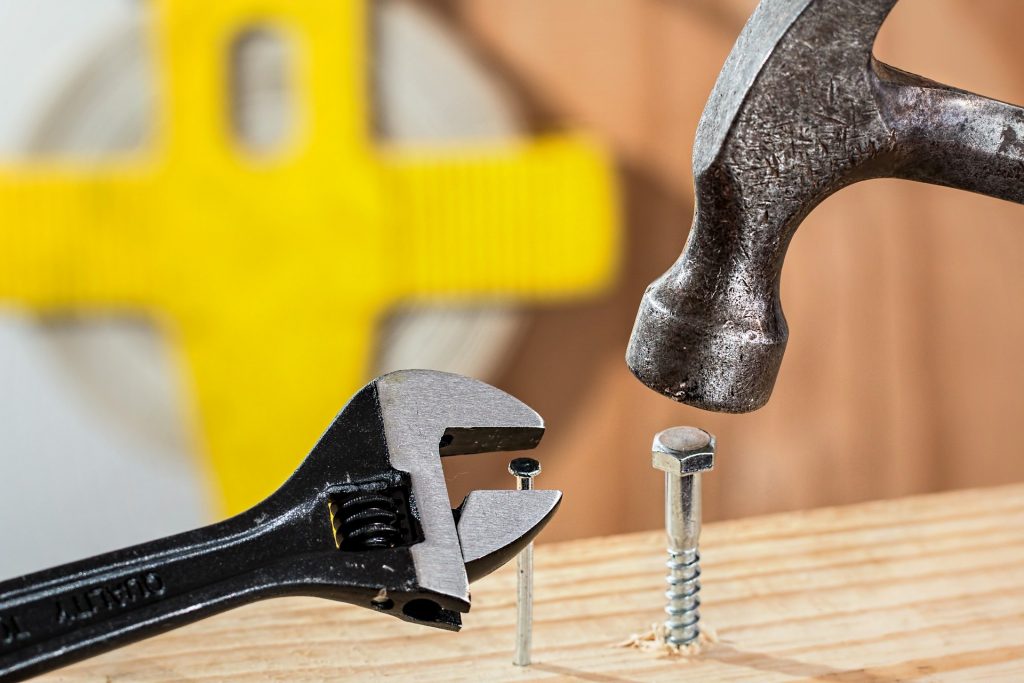Be Intentional About the Actions You Take to Fight Against the Time Monster
Last week I wrote about how we tend to make time management more complicated than it needs to be. Making things more difficult than needed is just human nature. Those of us that are self-employed seem to take this to a whole different level. It doesn’t have to be this way.
Like everything in life, we have choices. Time management is no different.
The three things that I said need to be used to successfully manage time were…
- Intentionality
- Prioritization
- Spending time wisely
Today’s focus is INTENTIONALITY
Being intentional is a conscious design or purpose about your choices and actions. It is deciding what you’re going to do and doing it.

Why is it that we will be on time to meetings with other people, but not with ourselves?
If I have a day full of meetings and appointments, I will be on time to all of them. But if I fill my day with tasks and projects that don’t involve anyone but me, I’ll be running late shortly after getting started?
Think about it like this…Why is it that we can make it to the airport in plenty of time for our flight or not dare be late to our child’s wedding, but won’t set down and get to work on that project that needs to be worked on?
How we choose to spend our time is going to vary for each of us. What we spend it on is not the issue. Being intentional about it is.
The problem is not a lack of time, it’s a lack of control
This does not mean that it’s easy. There is a time monster that will eat up all your time if you let it. He will gobble it up as soon as it’s available and not leave anything but crumbs.

We have to intentionally confront this monster. Closing your eyes and putting your hands over your ears doesn’t make him any less real. He’s out there and he likes the taste of time.
The intentional, continuous, focus of small actions over time will bring the monster down. The process, known as the “snowball effect”, is the accumulation of small things added to small things until they become a big thing, like a snowball rolling down a hill.
An intentional snowball is the best weapon when dealing with a big hairy time monster.
It feels like there’s not enough time to do everything. I would argue that we’ve been given enough time to do everything we should. The problem is that we’re trying to do too much.
We’ve been given enough time to do everything we are supposed to. God built the world and everything in it in six days. We’ve been given those same six days to build our lives. Granted, building the world is a lot…we just need to remember that we’re not God.
God was intentional about what He was making. We need to treat our mission the same way.
You can do anything you want. You just can’t do everything you want.

Being aware of time and watching the clock also requires intentionality. Time is the most valuable commodity we have. You’ve heard the saying “time is money”. I would argue that time is MORE than money.
Money is a form of exchange for a service or product. We have some control over how fast our money goes…not so with time.
There is a limited amount of time.
Time is continually moving. There is no stopping or slowing it to get more done. If we spend a dollar, we can go make more. Once time is spent…there’s no getting any more.
Managing time requires intentionality. You can’t just wish it to happen. You have to decide to fight the monster and pick up the snowball.













 importance of being intentional about the plan.
importance of being intentional about the plan. Think of your life or business as a construction project. It all begins with a dream. You can see the vision of the completed project in your mind. The tricky part is getting that dream out of your head and making it a reality? Having it drawn out will let you see if it looks like your dream or not. It’s better and easier to make changes and corrections during the planning, rather than the construction. It improves the clarity of communication between all parties involved.
Think of your life or business as a construction project. It all begins with a dream. You can see the vision of the completed project in your mind. The tricky part is getting that dream out of your head and making it a reality? Having it drawn out will let you see if it looks like your dream or not. It’s better and easier to make changes and corrections during the planning, rather than the construction. It improves the clarity of communication between all parties involved.